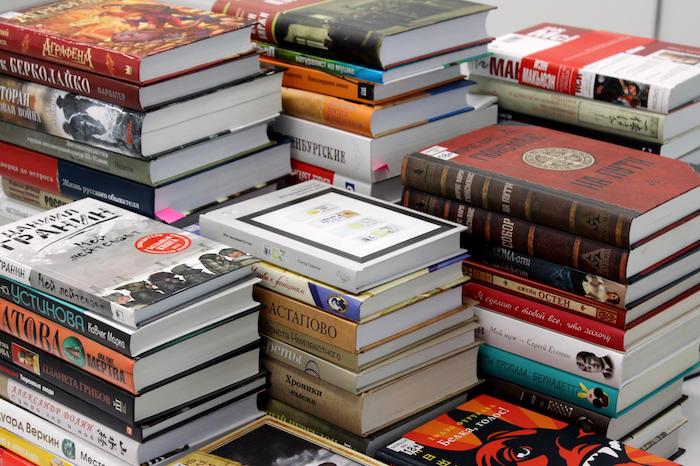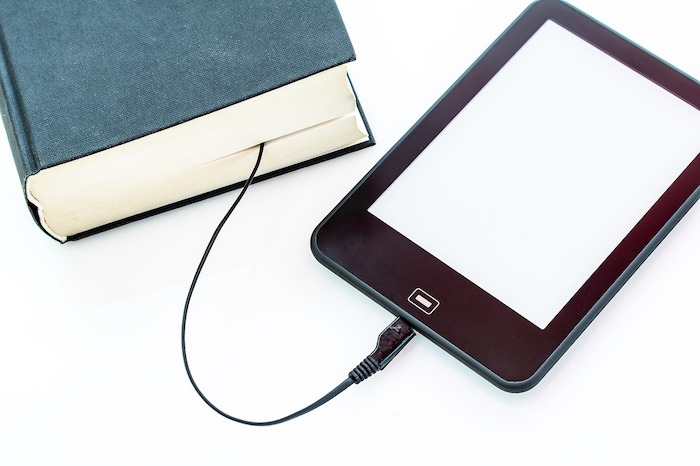Self-Publishing Means Self-Marketing
There are many advantages to self-publishing, but nobody should make the mistake of thinking that it's easy. Sometimes the writing and the publishing are the easy parts. When that is done the challenge is to put your work into the shop window, where others can see it. With over a million titles on the market, you are up against some stiff competition.

One of the fiercest debates which has raged in recent times amongst authors, aspiring authors and the communities amid which they move has concerned the relative merits and demerits of traditional and self-publishing. Where once only a lucky, or gifted, few (delete according to preference or prejudice) were able to take the giant leap from mere aspirant to best-selling author, now anybody who is able to follow a few fairly simple instructions can publish and sell their works to a potential market of millions.
The word "potential", of course, is crucial here, for the downside of launching one's own work through the relatively new medium of self-publishing is that the writer is entirely responsible for bringing their work to the notice of those who might purchase it. Whereas a traditional publisher, having parted with a sometimes hefty advance payment in exchange for the soul of the author, would be driven by its own self-interest in recovering its losses and then making a profit, there is no such other interest at work when the lone author publishes through a do-it-yourself platform. From day one, the self-publisher of necessity becomes a self-marketer. With over a million books already on the virtual shelf and counting, the task is no mean one.
Needless to say the first thing upon which the success or otherwise of a work will depend is its quality. A silk purse cannot be made from a proverbial sow's ear, and neither can a tome filled with typographical errors be reasonably touted as a literary showpiece. In the world of traditional publishing imperfect manuscripts are tweaked and toned by professionals until they become perfect manuscripts. Not so when they are submitted directly to a retailer by means of an unmanned formatting programme. Get it wrong, and it stays wrong.
On the opposite side of the coin though the same standard does not hold. To employ an obvious truism an unseen work of art will remain unseen for as long as nobody sees it, and no correlation automatically exists between its quality as a piece of work and the exposure it receives. Once an item is published, no matter how good it is, the imperative shifts from production to distribution.
Thus in self-publishing the onus falls upon the writer, who is also the publisher, to become the marketer as well. Usually the author's family and friends will be the first to show their support by purchasing copies. Then social media needs to be exploited for all it is worth, before articles and links from niche forums, guest posts on relevant blogs and reviews achieved by fair means or not so fair eventually come into play. If all goes to plan, once these channels have been exhausted a secondary wave of interest will have been generated by word of mouth, and so the anticipated process eventually, if rather slowly, rolls into gear.
Is self-publishing worth it? For those who are unlikely to find a traditional publisher, certainly. For those who may do, possibly, as the time saved and the more generous royalties must undoubtedly also be taken into consideration. But it is no walk in the park, and for some the writing of the book is actually the easy part.
Read These Next
Will E-Books Topple Publishers as We Know Them?
Are the major publishing houses we love and revile about to come tumbling down, undermined by a million e-bookers? Yes, says Smashwords’ founder Mark Coker, there’s a revolution afoot. No, says Berrett-Koehler’s David Marshall, the new publishing houses will just be different and better. The odd man out, publishing consultant Peter Beren, thinks the traditional publishers will not only survive, they will probably just absorb the current e-book craze and crazies.
Beyond the Flames: The Futility of Suppressing Ideas
Throughout history, attempts to censor and control the spread of ideas through book bans have been common, driven by religious institutions and authoritarian regimes. However, these efforts often backfire, as book bans tend to increase the popularity of the targeted titles and bolster the very ideas and societal changes the bans were intended to suppress.
A Strategy For Getting Your Self-Published Book Into Stores
It’s fine to say that you don’t need to have your books in brick and mortar bookstores as long as you’ve got the Internet, but every author and publisher wants that real world presence in their local bookstore, and especially in bookstore chains. Here’s a strategy to make that happen.






